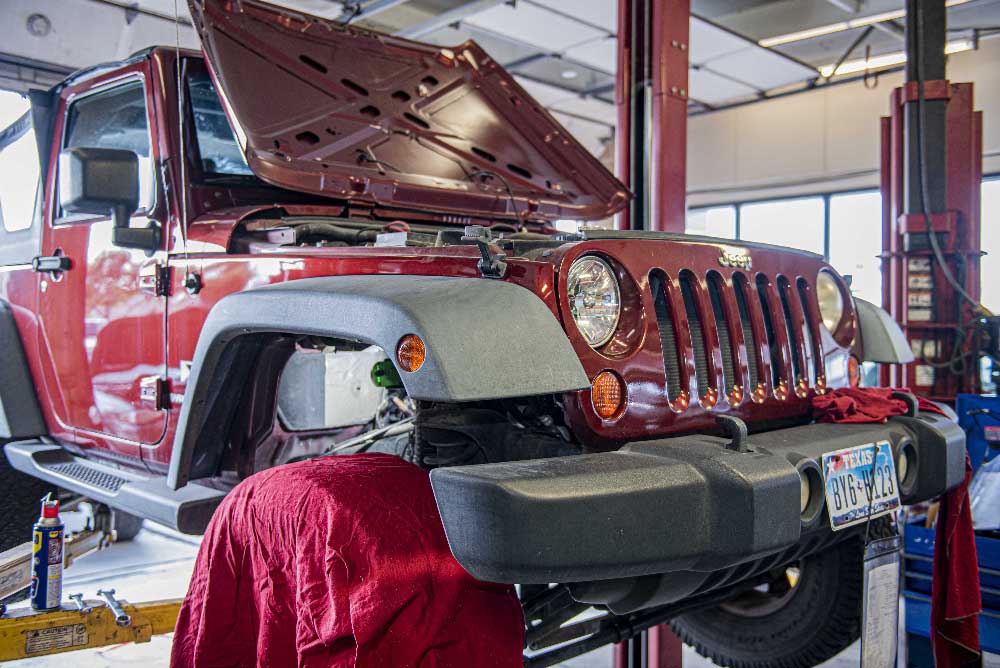In the landscape of automotive services, the concept of a full-service station holds a distinctive place.
Traditionally rooted in an era where personalized customer service was paramount, full-service stations have evolved alongside advancements in automotive technology and changing consumer preferences. This comprehensive guide delves into the history, services offered, benefits, and modern relevance of full-service stations in today’s automotive industry.
Evolution and History
The inception of full-service stations can be traced back to the early 20th century, coinciding with the rise of automobiles as a dominant mode of transportation. During this period, fueling stations primarily focused on providing gasoline and basic maintenance services. However, as cars became more complex and consumer expectations shifted towards convenience and service quality, the concept of a full-service station emerged.
The defining feature of a full-service station was its commitment to offering a range of automotive services beyond just fueling. These included windshield cleaning, tire pressure checks, fluid level inspections, and even minor repairs.
Attendants, often clad in uniforms and trained in customer service etiquette, attended to motorists’ needs, creating a personalized and pleasant experience.
A Brief History
The birth of the full-service station coincided with the rise of automobiles in the early 1900s. Initially, motorists had to rely on general stores or blacksmiths for fuel and basic repairs. However, as cars became more prevalent and complex, the need for specialized service stations grew. In 1913, Gulf Oil opened the first purpose-built service station in Pittsburgh, marking a significant shift towards dedicated facilities that offered both fuel and mechanical services.
By the 1920s and 1930s, full-service stations had become ubiquitous across urban and rural America.
These stations not only provided gasoline but also offered a range of services including tire changes, oil checks, engine diagnostics, and even minor repairs. Attendants, often clad in uniforms and trained in automotive mechanics, provided personalized assistance to motorists, fostering a sense of trust and reliability.
Services Offered
A hallmark of full-service stations is their comprehensive range of offerings designed to cater to both the immediate and long-term needs of motorists. While specific services may vary, typical offerings include:
Fueling Services: Providing gasoline or diesel fuel, often with options for different grades or additives tailored to customer preferences and vehicle requirements.
Maintenance Checks: Regular inspections of tire pressure, fluid levels (such as oil, coolant, and windshield washer fluid), and battery condition to ensure optimal vehicle performance and safety.
Basic Repairs: Minor repairs such as replacing light bulbs, wiper blades, or fuses, addressing issues that can be quickly resolved to minimize inconvenience for drivers.
Customer Assistance: Attendants trained to assist customers with pumping fuel, answering questions about vehicle maintenance, and providing guidance on navigating the station’s facilities.
Additional Services: Some full-service stations may offer amenities such as car wash services, convenience stores, or even partnerships with local repair shops for more extensive repairs.
Benefits of Choosing a Full-Service Station
Opting for a full-service station over self-service alternatives offers several distinct advantages:
Expertise and Convenience: Trained attendants provide expertise and guidance, ensuring that vehicles receive proper care and attention during each visit.
Time Savings: By delegating tasks like fueling and maintenance checks to station attendants, motorists can save time and focus on other priorities.
Customer Service Excellence: Personalized service fosters a positive customer experience, often leading to increased customer loyalty and satisfaction.
Peace of Mind: Knowing that your vehicle is regularly inspected by professionals can enhance safety and reliability on the road.
Modern Relevance and Adaptations
While the automotive industry has witnessed significant changes over the decades, the concept of full-service stations continues to adapt to meet contemporary needs. Modern full-service stations often integrate technological advancements and sustainability initiatives to enhance their offerings:
Technological Integration: Many stations now incorporate self-service kiosks, mobile apps for fuel payments, and digital displays for real-time service updates.
Environmental Initiatives: Adopting eco-friendly practices such as offering biofuels, recycling programs for oil and other fluids, and promoting energy-efficient vehicle options.
Community Engagement: Some stations host events, sponsor local initiatives, or partner with environmental organizations to foster community goodwill and environmental stewardship.
Choosing the Right Full-Service Station
When selecting a full-service station, consider the following factors to ensure a positive experience:
Service Reputation: Seek recommendations from friends, read online reviews, or inquire about the station’s reputation for customer service and reliability.
Range of Services: Assess whether the station offers the specific services your vehicle requires, from routine maintenance to emergency repairs.
Convenience and Accessibility: Evaluate the station’s location, operating hours, amenities, and ease of access to determine its suitability for your needs.
Cost and Value: Compare pricing for fuel and services with other stations in the area, ensuring that you receive fair value for the services provided.
Conclusion
In conclusion, the concept of a full service station continues to resonate with motorists seeking convenience, expertise, and exceptional service in an increasingly fast-paced world. From its humble beginnings as a simple fueling stop to its modern-day adaptation with advanced technologies and sustainable practices, the full-service station remains a cornerstone of the automotive service industry. By understanding its history, appreciating its comprehensive offerings, and recognizing its ongoing relevance, motorists can make informed choices that enhance their driving experience and vehicle longevity.
Whether you’re embarking on a cross-country journey or simply filling up your tank, choosing a full-service station ensures that your vehicle receives the care and attention it deserves, setting the stage for safe and enjoyable travels on the open road.
